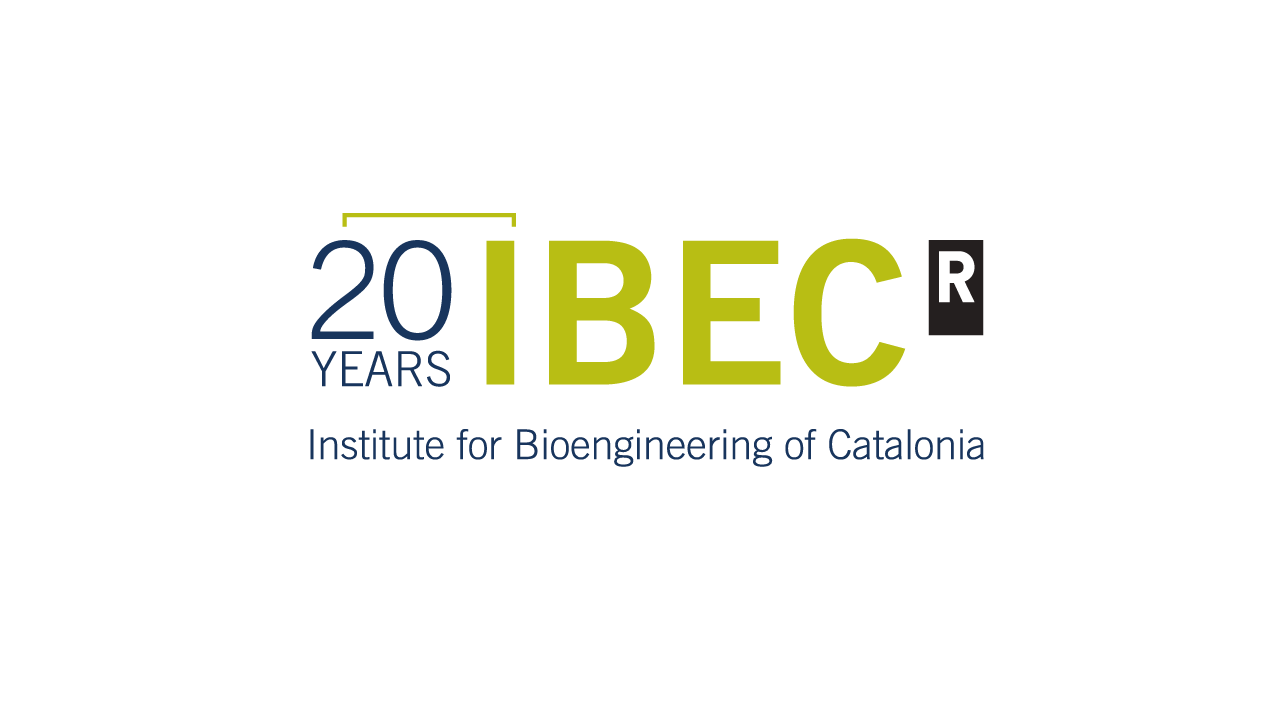Search Results for:
Ibec Seminar. Silke Henkes
Mechanochemical feedback in model epithelial tissues Silke Henkes, Leiden Institute of Physics, Leiden University In the development of animals, tissues self-organise starting from a single cell into layers, shapes and … Read more
IBEC is celebrating its 20th anniversary, marking two decades of innovation and research in the service of health
The Institute for Bioengineering of Catalonia (IBEC) was established on 29 December 2005. Twenty years later, it is celebrating two decades of innovation and scientific impact.
Laboratory Technician at the Smart Nano-Bio-Devices Research Group
Ref: LT-SS // Deadline: 31/01/2025
Mobile technology revolutionises the diagnosis of sleep apnoea after a stroke
A research team led by the Institute for Bioengineering of Catalonia (IBEC) has developed an innovative, portable, smartphone-based system for assessing sleep apnoea in individuals with different health conditions. The study, published in IEEE Transactions on Neural Systems and Rehabilitation Engineering, in collaboration with the Guttmann Institute, shows that this technology can facilitate the early detection of a common but underdiagnosed disorder, which negatively impacts the recovery and rehabilitation of patients who have suffered a stroke.
Predoctoral Researcher in Bioengineering for Personalized Pediatric Oncology (Project Magneto)
Ref: FPI-AV // Deadline: 02/01/2026
Technical Support to Research at the Biomedical Signal Processing and Interpretation (BIOSPIN) Research Group
Ref: RA-RJ // Deadline: 02/01/2026
Technical Support to Research at the Biomedical Signal Processing and Interpretation (BIOSPIN) Research Group
Ref: RA2-RJ // Deadline: 2/1/2026
IBEC publishes IBEC CRIS, its scientific production portal
Thanks to the project carried out during 2 years after obtaining the María de Guzmán grant from FECYT, received in 2023, IBEC has published its IBEC CRIS scientific production portal … Read more





